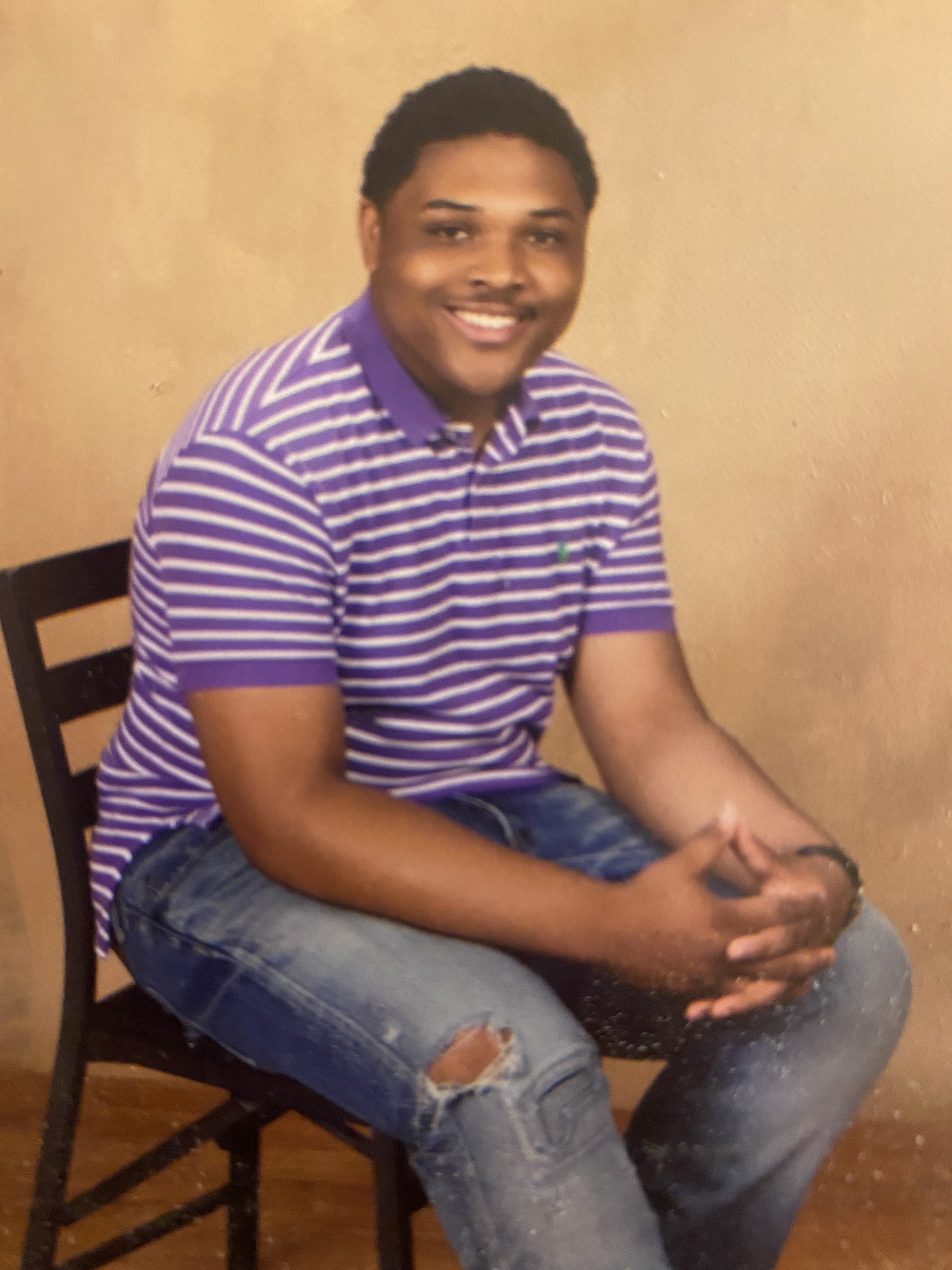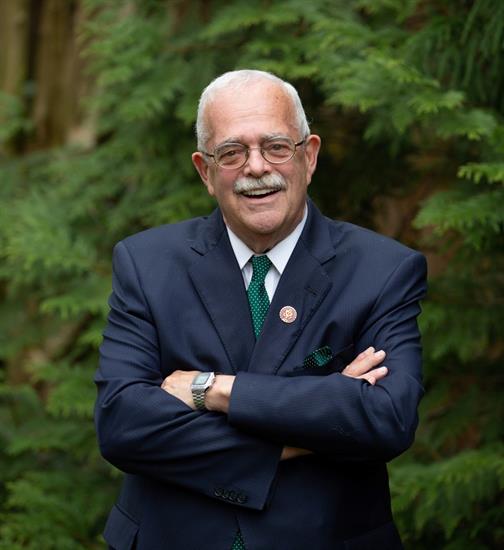Honoring a voice of change: The Legacy of Keoni Orlando Scott-Reid is celebrated
“All we have to decide is what to do with the time that is given to us.”
It is a quote from the Lord of the Rings movie, “The Fellowship of the Ring,” but it can also best be attributed to the life of a trailblazer whom the world lost too soon. The legacy of Keoni Orlando Scott-Reid, who transitioned on October 2019, was honored today by the Washington Urban Debate League and the Matthew Harris Ornstein Foundation as they presented the Instructor of the Year award in his name. Keoni was a successful debater and later became a coach, guiding those who were interested in debating to monumental heights. On the eve of the ceremony, we spoke with his coach and guide David Trigaux, who discussed the work that was put into both the award and the best way to remember a young man who set a path for others to follow.
“We were going to do this last year but due to COVID we couldn’t,” said Trigaux. “This has been an ongoing conversation for 18 months or so. Between ourselves and the Washington Urban Debate League and the Ornstein Foundation, we wanted to do something together. We consulted a lot of Keoni’s peers who knew him well, and talked to some of his former coaches. He was a gifted competitor and also a strong coach. We wanted to determine what we believed he wanted to be remembered for, and that was the consensus.”
The Matthew Ornstein Memorial Foundation was established in 2015 in honor of Matthew who died on January 3, 2015 as the result of a tragic accident. The foundation established a summer camp in which middle and high school students from the Washington DC metropolitan area come together for a free training in policy debate. Keoni was the first winner of the Matthew Ornstein debate award seven years ago, given to the most outstanding debater of the summer camp. Trigaux talked about Keoni’s approach to debate as something he had never seen before.
“As a competitor, he had a very strategic mind. He would always try a new way to do something that we haven’t seen before. He was very creative and was able to think about things through a wide lens, from the different angles that he could take. He brought that creativity with him as a coach.”
Trigaux recalls what was Keoni’s best asset. “His greatest strength as a coach was his relationship building. Kids trusted him and they wanted to work hard. He was great at building investment for others. Once he had that investment he could get creative.”
What was one debate that was most unique about Keoni? “I’ll say that there’s a tournament and a specific round. He qualified for nationals his senior year, and they’d been talking about whether generic colonialism is bad. Keoni wanted to do something new. I had a few ideas and he found a book from a Chinese international relations scholar. There were only 20 copies in English that existed, and we looked for it on the university libraries but we discovered that it was in the Library of Congress. I was able to pull some strings and get the book for him.”
“He read it in a single weekend, and he typed a 200 page book in that very same time. From it, he was able to pull out the different types of international relations theories. It was the most creative thing I’ve seen for a single tournament. The results of that preparation was shown the most in the second round of nationals. It was our first time going into national, and because of his creativity and hard work, they had a very innovative case, and we were able to even the odds a lot, even though we lost. Keoni trusted his instincts. It was a building of respect. It carried over when he worked on the summer program and worked alongside the other instructors.”
DuVal High School senior Michelle Njoku won the first Keoni Scott-Reid High School Debater of the Year Award in the spring, and Trigaux highlighted what made her stand out. “The literature that she was doing a lot of his reading and investigating when he passed was in the news this day, such as Critical Race Theory. Michelle is probably the young scholar who pushed the envelope the most, following after him and building on that intellectual tradition by doing a lot of the deep reading instead of the skimming to get the big picture. That rigorous study is what sets her apart.”
“In addition, she had that similar swagger as well as his kindness. He would beat you and then tell you how to be a better competitor next time. It was that combination of following his footsteps of being inspired by him and having his personality. She was the best competitor at our biggest program. She wanted to improve the argument instead of finding the cheap win, which I respect.”
The student award will be handed at the end of the season and the instructor will be handed at the end of summer camp. He joined during his second camp and then became an instructor. This was something that was a big part of his life. “It was fitting that we can recognize his instructor skills.”
Danielle Dupree, a junior at Howard University and a graduate of DuVal High School, won the inaugural instructor award. Dupree, who said she was inspired by her debates with Keoni, spoke about what it meant to win the award during the virtual ceremony held yesterday.
“I’m sure everyone knows it was a struggle but I felt that he was always there. Debate means so much to me, and I would not be where I am now if not for everyone who was with me when I was at DuVal.”
What is one thing people should remember most about Keoni? “He had a kindness and empathy,” says Trigaux. “He was competitive and played to win but he drew people to him. He lifted people up as he collected hardware. That character to make people around him was what made him special. Part of that came from being a big brother. It’s the young people that he would beat and coach along the way understood. You see the relationships, the coaching and the friendships, he’s the origin of many that existed now.”
Truly he was a someone who did what he could with the time he was given, no matter how brief it was.



